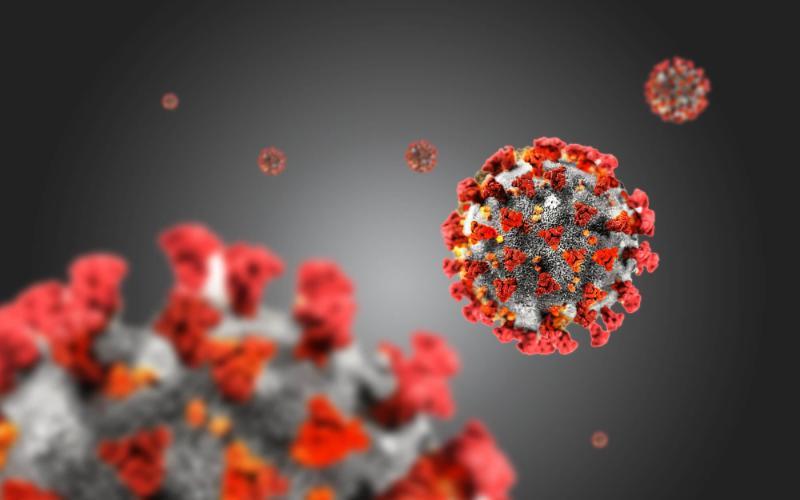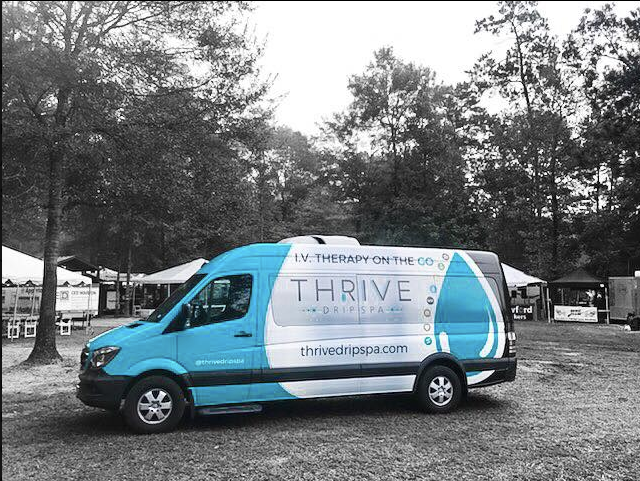COVID Testing
We at Thrive Drip Spa are happy to help Houstonians through this troubling time of COVID and believe that we can help ease the fear and frustrations that come with the seemingly endless but limited explanations, recommendations, and guidelines.

When busy schedules and complexities concerning your free time in the actual world arise, ThrIVe Drip Spa provides on-call concierge services in the convenience of your home, hotel, or office, providing a personalized and unique experience in your private space. We will send out one of our trained nurses to service you and/or a group with our full service to meet your needs.

First line of defense of the immune system is your skin and membranes which act as a physical barrier.
The second line is the antibodies on patrol – these are like guard dogs. They recognize strangers, alert the body and try to slow down and surround the invading virus. The guard dogs are trained by the body to sniff specific invaders, and are produced in mass to respond to invasions.
The third line is the T cells which are like the “Terminator” cells of the body. They ruthlessly seek and destroy all invaders, and are alerted by the antibodies and have memory of prior invaders. Because the T cells have already been educated to destroy the cold virus, it is estimated that 40% of the population has T cells that can already recognized and destroy CoVID-19 even before the outbreak of CoVID.
Vaccine cross-protection – studies have shown that prior immunization with Pneumovax, Polio, Small Pox have some ability to boost immune system function against CoVID and thus provide some immunity
ACE2 receptor significance – CoVID-19 attaches to the ACE2 receptors as its entry point into the host cells. Both children and people with asthma are more resistant to CoVID and it is postulated that it is because both children and asthmatics have reduced ACE2 receptors in their body.
What are the tests and how are they different? Two tests exist – one is antibody testing of the blood to see if your immune system has produced antibodies to CoVID, and Second is CoVID virus detection in nasal and oral fluids.
Antibody testing detects the presence of immune system soldiers – the antibodies in the blood stream that are made specifically to destroy the CoVID virus. There are two kinds tested for – IgM and IgG. IgM are the early responders in the immune system made to go start the fight against the CoVID infection. IgG is the main troops trained to destroy wipe out the CoVID from the body and take over the fight from the IgM once its deployed in force. The antibody tests detect both IgM and IgG so it will tell you if the infection is recent or older, depending on which antibodies are detected. The antibody test may not detect antibodies in the first 1-3 weeks of infection
COVID virus tests use genetic analysis technology to detect the presence of genetic material from the COVID virus. The COVID virus test will only be positive if an active virus is in the body fluids tested. The CoVID virus test may not be able to detect the virus in the first 2-14 days of infection.
How does one use the two tests to figure out what to do? How does one interpret the tests?
1. People with no symptoms, no known exposure– initial antibody test. If positive antibody test then take CoVID virus test. If negative antibodies can retest every 2 – 3 weeks to ensure not missing the delay in antibody production after first infected
2. People with known recent exposure or recent symptoms– CoVID virus test plus antibody test
3. People with positive CoVID test– stay in quarantine until 1-2 days after symptoms are gone take CoVID virus test every 1-2 days until two consecutive negative test results before ending quarantine.
4. People with positive antibody test– you are likely to have some built up resistant defenses or possible immunity to another CoVID infection. This may not be true if the CoVID virus mutates into a different strain.
The best defense against infection apart from total isolation is maintaining a strong immune system. Eating a healthy diet, taking time to get regular exercise, avoiding smoking/vaping/alcohol cannot be overemphasized. Nutrition is very important and ensuring that your immune system has adequate supply of Vitamin C, Zinc, Magnesium, and Vitamin B12 can keep your immune system at peak performance.
– Gene Lou, MD
Error: Contact form not found.